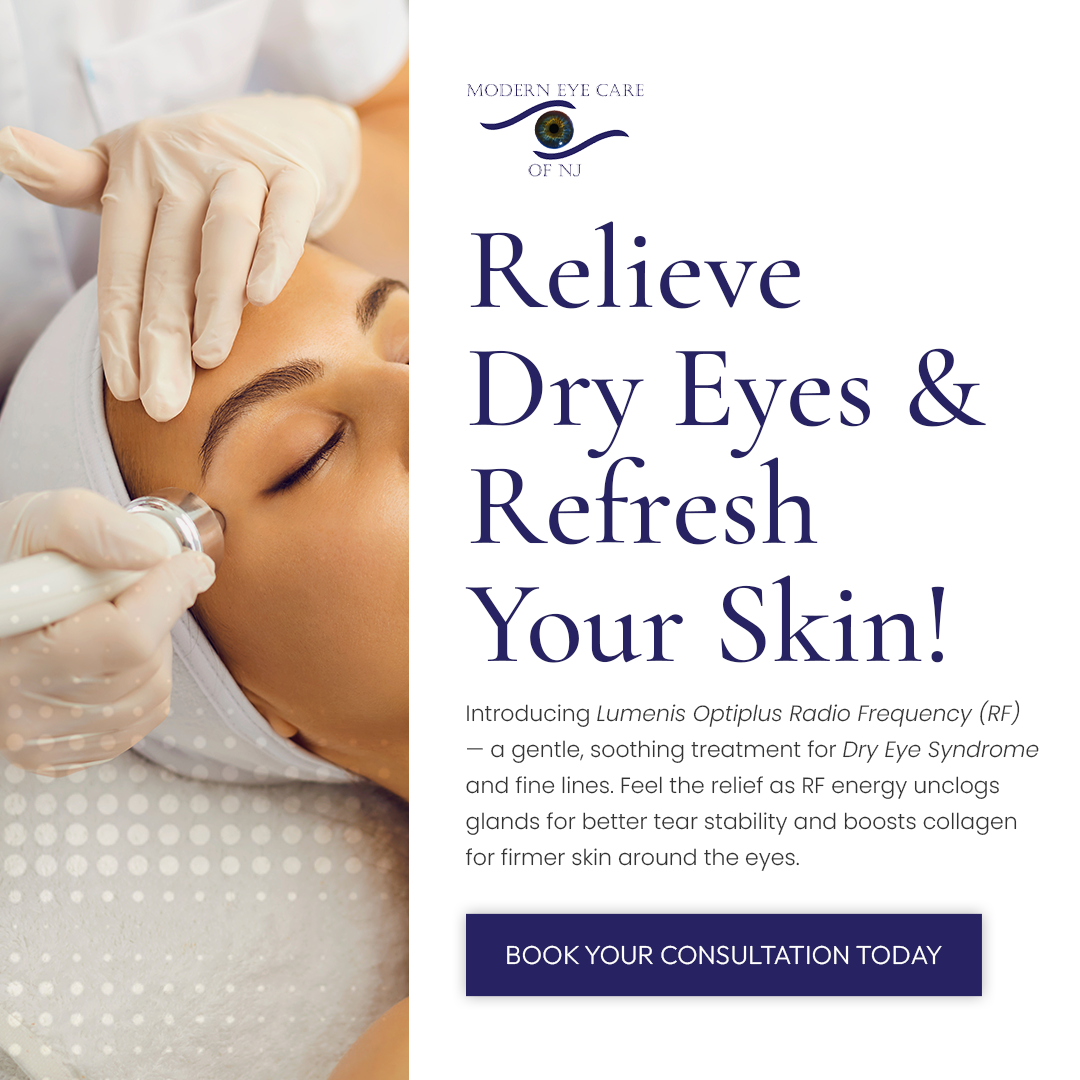
Glaucoma is a serious eye condition that affects millions of people worldwide. It is often referred to as the "silent thief of sight" because it can cause irreversible damage to the optic nerve without any noticeable symptoms until it's too late. By understanding this condition, you can take control of your eye health and ensure early detection and treatment.
What is Glaucoma?
Glaucoma is a group of eye conditions that damage the optic nerve, which is responsible for transmitting visual information from the eye to the brain. This damage is usually caused by increased pressure in the eye, known as intraocular pressure. There are different types of glaucoma, but the most common is primary open-angle glaucoma.
Primary open-angle glaucoma occurs when the drainage canals in the eye become clogged over time, leading to a buildup of fluid and increased pressure. This gradual process can go unnoticed for years until vision loss occurs. Another less common type is angle-closure glaucoma, which occurs when the iris is too close to the drainage angle, blocking the outflow of fluid and causing a sudden increase in pressure.
Causes of Glaucoma
One of the primary causes of glaucoma is an imbalance in the production and drainage of fluid in the eye. When the eye produces more fluid than it can drain, the pressure inside the eye increases, leading to damage to the optic nerve. Additionally, certain structural abnormalities in the eye, such as a thin or weak optic nerve, can make individuals more susceptible to glaucoma.
Common Symptoms of Glaucoma
One of the challenges with glaucoma is that it often presents no symptoms in its early stages. This is why it is crucial to have regular eye examinations, especially if you have any risk factors. However, as the condition progresses, certain symptoms may become noticeable.
The most common symptom of glaucoma is gradual loss of peripheral vision. This can be described as tunnel vision, where your field of view becomes narrower over time. Other symptoms may include blurred vision, halos around lights, eye pain, redness, and nausea. It is important to note that these symptoms can also be signs of other eye conditions, so it is essential to consult an eye care professional for a proper diagnosis.
Risk Factors for Glaucoma
Understanding the risk factors for glaucoma can help you determine if you are at higher risk and take appropriate measures to protect your eye health. Age is a significant risk factor, with individuals over the age of 60 being more susceptible. Family history also plays a role, as glaucoma tends to run in families.
Certain medical conditions, such as diabetes and high blood pressure, increase the risk of developing glaucoma. Ethnicity is another factor, with individuals of African, Hispanic, and Asian descent having a higher risk. Other risk factors include a history of eye injuries, prolonged use of corticosteroid medications, and thin corneas.
The Importance of Regular Eye Examinations in Detecting Glaucoma
Regular eye examinations are crucial for early detection and treatment of glaucoma. During these exams, your eye doctor will measure your intraocular pressure, examine the optic nerve, and assess your visual field. They may also use imaging tests, such as optical coherence tomography (OCT), to get a detailed view of the optic nerve.
Early detection is key because it allows for timely intervention to slow down the progression of glaucoma and minimize vision loss. Treatment options may include eye drops to lower intraocular pressure, oral medications, laser therapy, or surgery, depending on the severity and type of glaucoma.
Schedule Your Next Eye Exam with Modern Eye Care Of NJ Today
Glaucoma is a serious eye condition that can have devastating consequences if left undetected and untreated. By understanding the causes, symptoms, and risk factors of glaucoma, you can take control of your eye health and prioritize regular eye examinations. Early detection and intervention are essential for preserving your vision and maintaining a good quality of life.
If you have any risk factors or notice any changes in your vision, schedule your next eye examination to ensure early detection and treatment of glaucoma. Visit Modern Eye Care of NJ at our office in Holmdel, New Jersey, or call (732) 858-1646 to book an appointment today.









